When I step outside on an early spring day and the still-chilly air mixes with the warm sun, an aroma often rises from the damp ground. I know that smell: It’s the smell of softball. That evocative sense can place me right back on the infield outside my high school, scooping up grounders, shagging line drives, and throwing across the diamond. I loved those days on my school’s team, which is why, I suppose, my father called me one day about 20 years ago with some important news.
“I just heard that Barbara Barlow is retiring,” Dad said. “I think you should go see her.”
I started high school in 1973, just as Title IX, the law that required equal sports for girls, was signed into law.
Barbara Barlow had been my softball coach and gym teacher at the junior-senior high school I attended in New Jersey. From the time I was a seventh grader until I graduated, Miss Barlow was a daily presence in my life. She spotted me as I tried to learn a back handspring (I never succeeded) encouraged me to “dig” out a volleyball shot, and taught me how to do a basketball lay-up. She was one of the only teachers I saw every day for six consecutive years.
I started high school in 1973, just as Title IX, the law that required equal sports for girls, was signed into law, and Miss Barlow built programs where none had been before. Varsity softball was one of the first, and I made the team as a freshman. I wasn’t prepared for the long practices in freezing weather, the conditioning drills, or the demands that we do them again and again and again. But while she was coaxing excellence from my teammates and me, we also had fun. I called her B-squared (for her double B initials) and she responded by calling me A-squared (for mine.)
Read More: “When I Look Up, All I See is Sky:” Losing RBG and a Generation
Following Dad’s Suggestion
Still, I was puzzled by my father’s call.
“When would I even have time to do this?” I asked. I had two young daughters and a career to chase after. On the best days, I didn’t even have time to pee.
“I don’t know,” he admitted. “I just think it would be a nice thing to do.” My dad served for 18 years on the Board of Education in the community where I grew up. Though he’d moved to a nearby town, he was still connected to the his old pals and seemed very excited about this idea.
I didn’t know then that as I walked through the halls, I was on my way to a life-changing encounter.
Because parents have a way of influencing us even when we are full-fledged adults, a few weeks later, on a day when my 10- and 7-year-old had no school (but Miss Barlow did), I loaded my kids in the car and drove the 50 minutes to my old school. I didn’t know then that as I walked through the halls, past the lockers, murals, and awards cases that I’d glided by every day as a student, I was on my way to a life-changing encounter.
Miss Barlow was overseeing a volleyball game when I walked into the gym. Her mouth dropped open in surprise, but she immediately gave me a hug. We chatted as I introduced her to my girls and told her that Kira, my oldest, was playing softball in the town’s rec league and wanted to become a pitcher.
“I don’t really know anything about pitching,” I said. “How can I help her?”
“You need to find a pitching coach,” Miss Barlow said. “All the pitchers today have pitching coaches who teach them the windmill.”
“OK,” I said, having no idea how I would do this. This was before most of us used “google” as a verb. The whole visit took probably 20 minutes. But I was glad I went. And glad I could tell my dad that I’d done what he asked.
The Thank You and The Unexpected Outcome
About a year-and-a-half later, my dad died unexpectedly. And about a year after that, I found a pitching coach for Kira, who, it turned out, was good enough to became her high school softball team’s star pitcher. I sent a note to Miss Barlow thanking her for her suggestion and inviting her to come watch a game.
A few weeks later, Barbara Barlow and I sat in the bleachers on a sunny spring day, watching my daughter pitch. When I was in high school, I’d had no inkling that she was just 11 years older than I. Or that she was gay and had a long-time partner. She was just my teacher and coach who sometimes drove me crazy by hitting speeding ground balls at me that jammed my fingers and bruised my shins during marathon practices. But as we sat together, we laughed at the memories and she pulled back a curtain on some of the difficulties she faced as a coach of girls’ sports. Then she totally surprised me.
“You know,” she said, “Without your father’s support on the Board of Ed, there would not have been girls’ sports at our school. Even before Title IX, he fought for my teams. And then he always made sure we had what we needed. He really was an advocate.”
I sometimes contemplate whether he might have orchestrated this whole circle-of-life thing.
My eyes filled with tears. I knew my dad was passionate about education and sports, but I never knew of his behind-the-scenes efforts. To hear someone tell me, years after his death, what he’d meant to them—that was a gift.
Miss Barlow thereafter made an annual pilgrimage to watch one of Kira’s games. On her last visit, she told me she had breast cancer, an aggressive type she was fighting with chemotherapy and radiation. About a year after Kira graduated, Miss Barlow died. It felt like a window had shut, but I was glad I’d looked through it before it did.
I still wonder exactly why my dad thought I should see my old coach before she retired. I sometimes contemplate whether he might have orchestrated this whole circle-of-life thing. Then I give myself a reality check. There was no way he could he have known that by thanking someone who helped me, I would be able to help my own daughter and gain an insight about him. But maybe he knew that it can be powerful to acknowledge those who’ve helped you on your path in life. Too often, we fail to let people know what they’ve meant to us—and then it’s too late. My dad seemed to be telling me that it’s always good to connect with others, even when you can’t quite understand why you should.
Read More: How to Lose a Husband: Saying Goodbye to Your Other Half




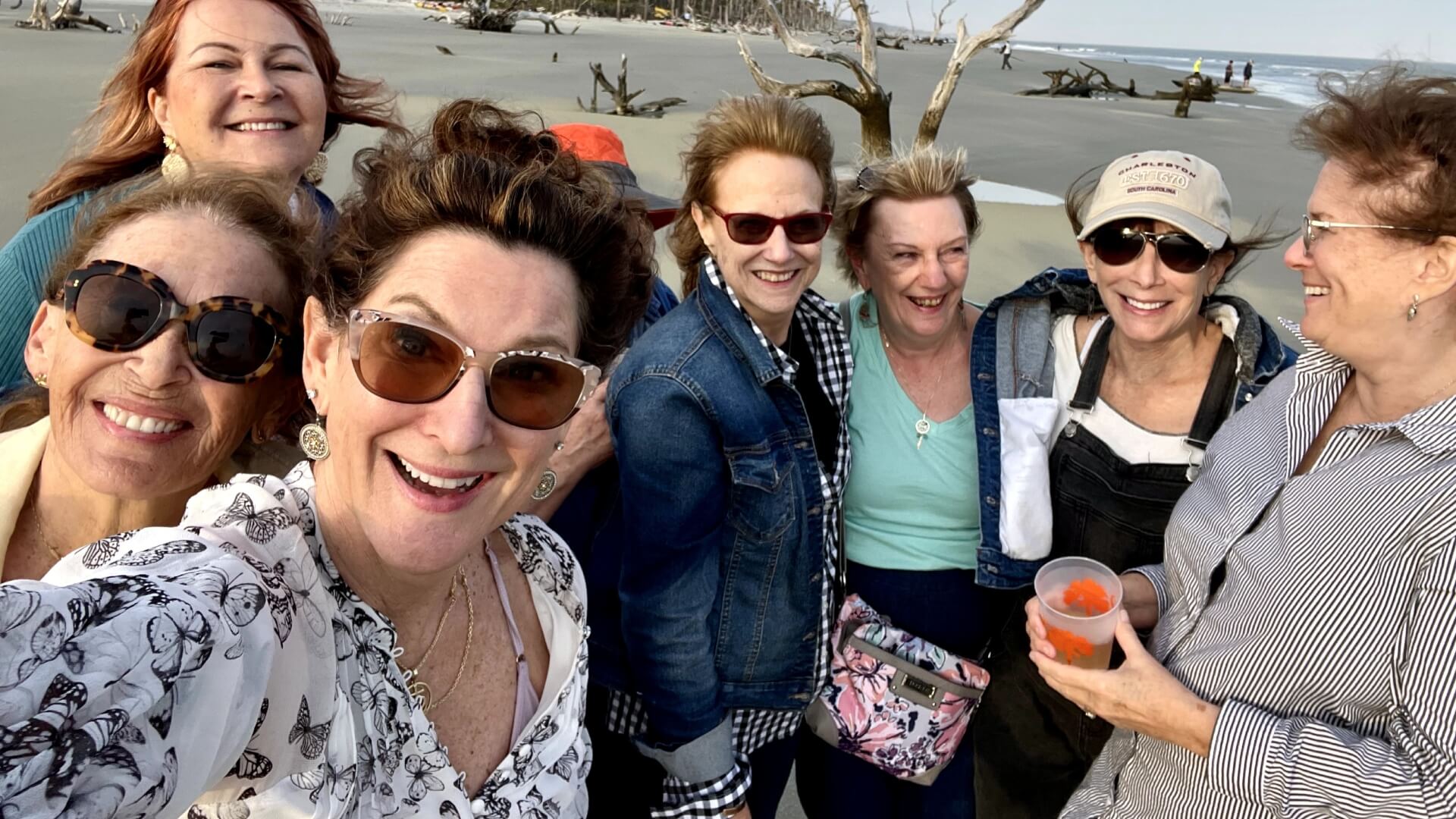

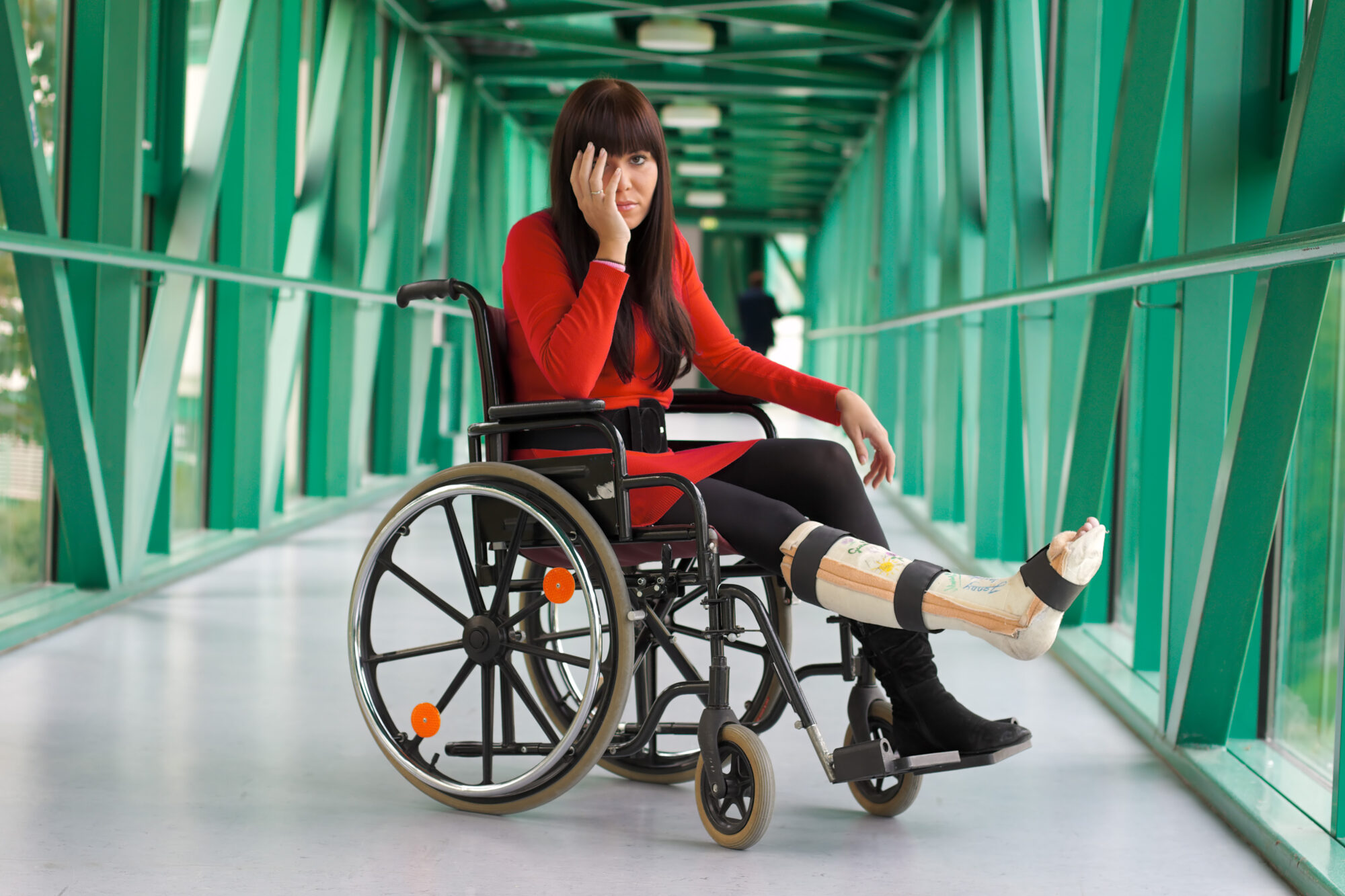

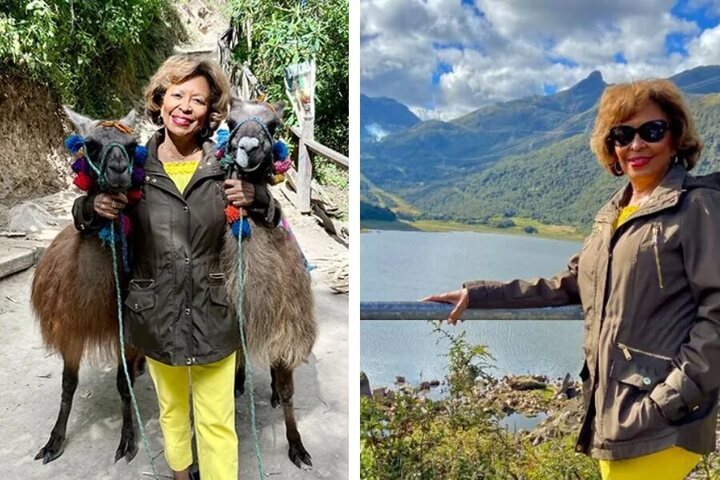






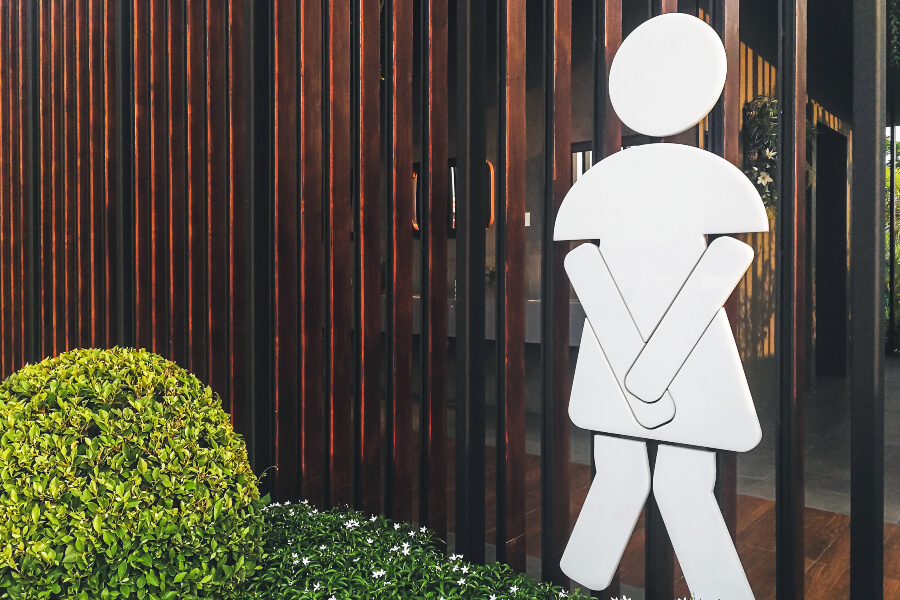



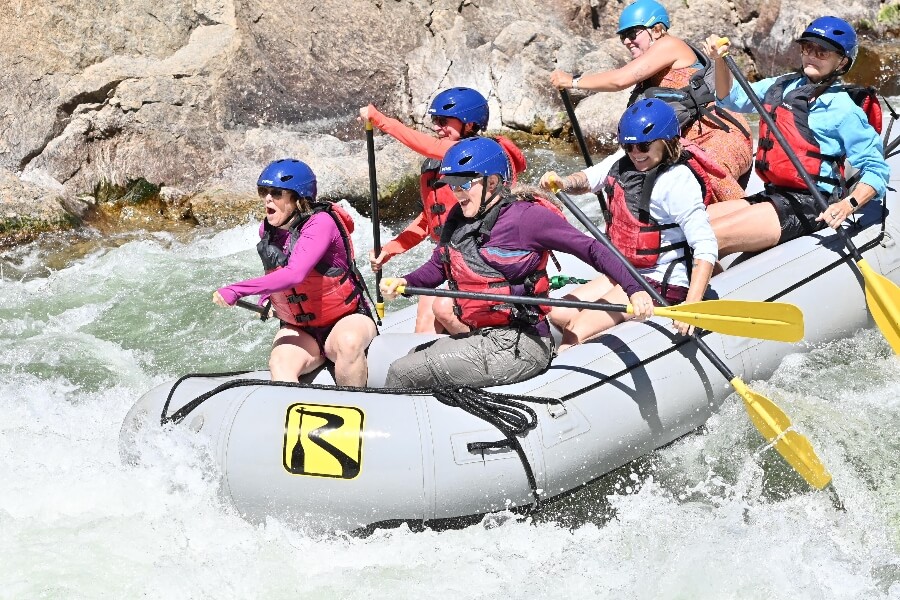

0 Comments